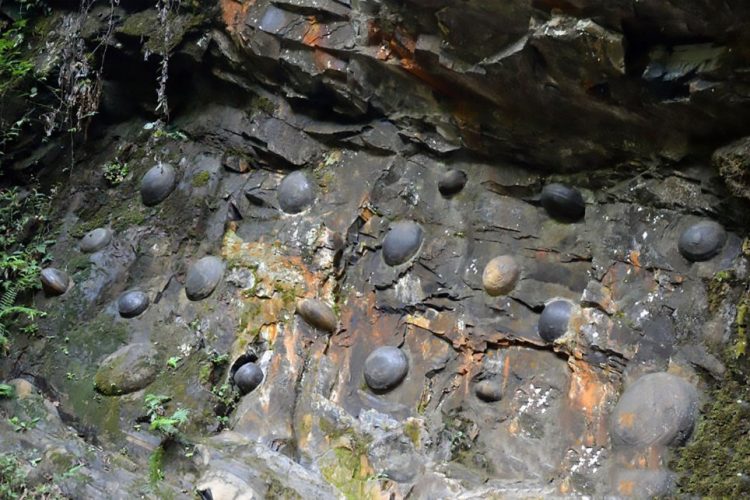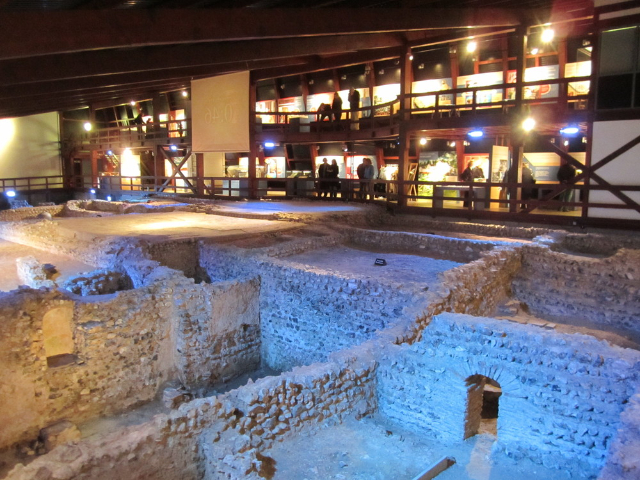In China there is a mountain that every thirty years ""lays"" mysterious stone eggs. A phenomenon still to be discovered, unique in the world, that geologists are studying to understand how it is possible that smooth, round stones just like eggs emerge with this regularity from the rock of Mount Gandeng. We are in the Chinese province of Guizhou and analyses have shown that while most of the mountain is made up of harder sediments, the section from which the "eggs" emerge is mainly made up of limestone that erodes more easily. Rain and wind therefore consume the stone, allowing harder rocks that have always been present in the substrate to emerge to the surface. Stones which, as the wall crumbles, will remain more and more exposed until they fall to the ground, thus giving the illusion of "giving birth". The inhabitants of the nearby village of Gulu consider these stones to be real lucky charms and several times a year go on pilgrimage to the world to touch them and, if necessary, pick them up. It seems that every family in Gulu has at least one Chan Da Ya, an egg from Mount Gandeng.













